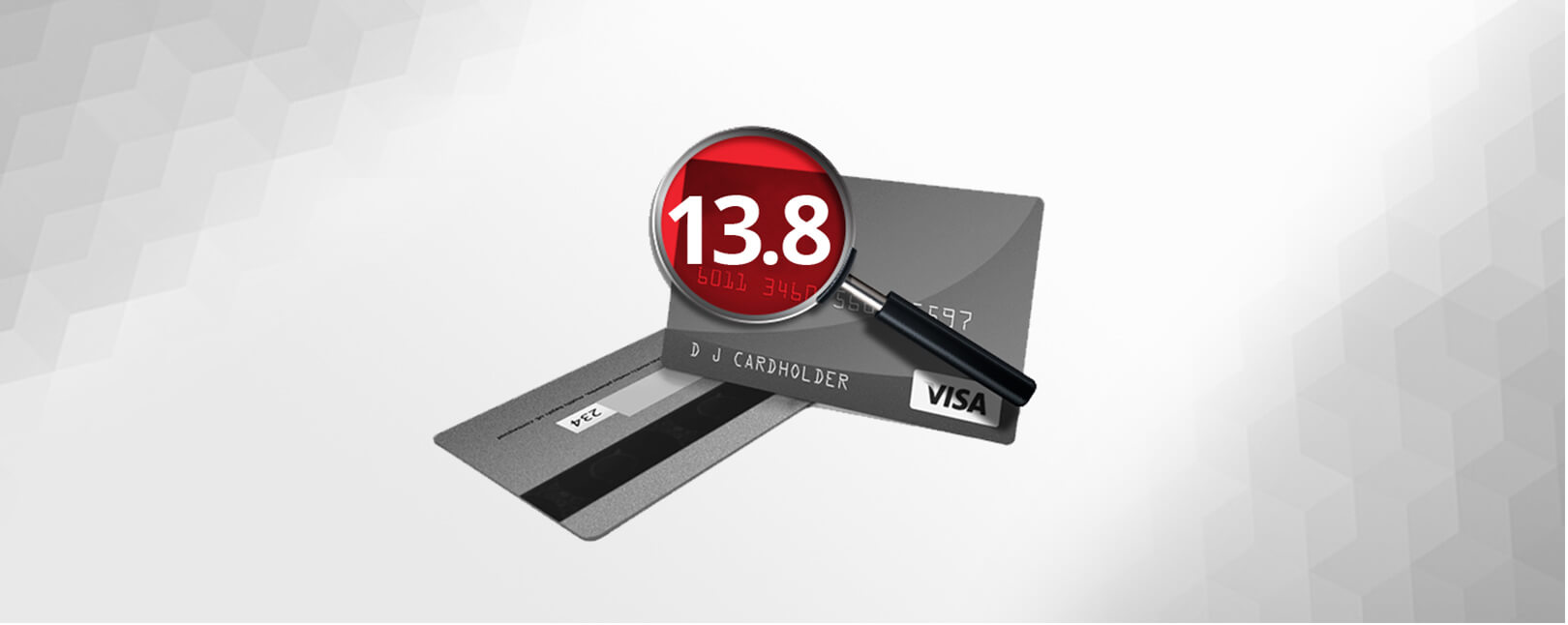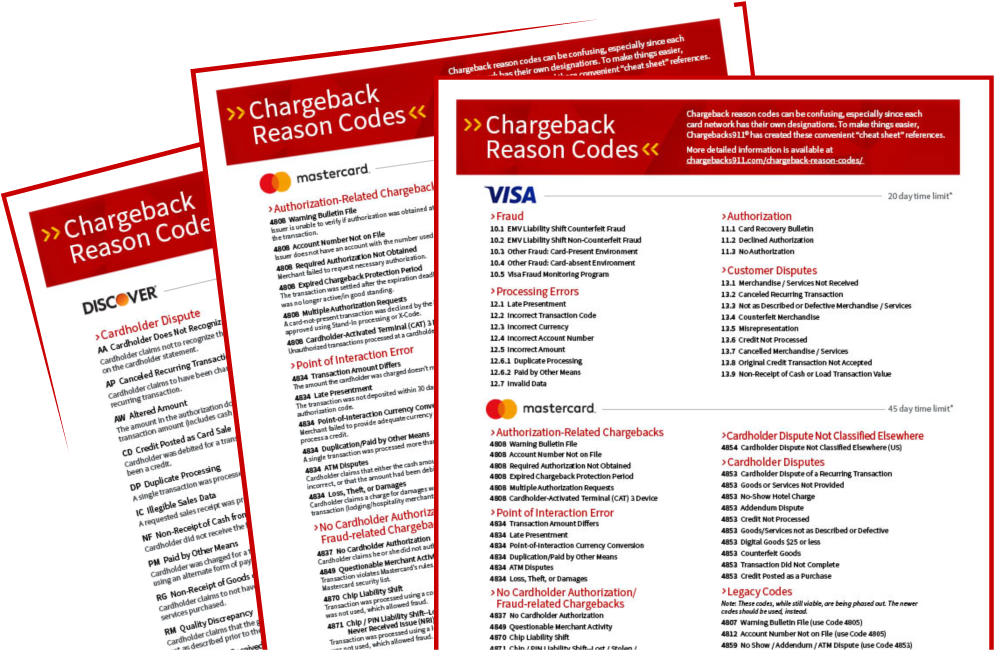Visa Reason Code 13.8: Original Credit Transaction Not Accepted
For the sake of simplicity and standardization, card networks like Visa have created a breakdown of the acceptable causes for a customer to dispute a credit card transaction by filing a chargeback. Each of these causes has a designated “reason code,” and banks assign the appropriate code to each case to show the given reason for the chargeback.
That sounds simple enough, but the reality is, the given reason for a chargeback may or may not be the true reason. Plus, each card network has its own set of reason codes which, while nearly the same in function, nevertheless differ from one another. Keeping track of all these codes, along with the best ways to either fight or prevent each one, is challenging.
With that in mind, let’s take a look at Visa Reason Code 13.8: Original Credit Transaction Not Accepted.
What is Visa Reason Code 13.8?
Visa Chargeback reason code 13.8 is part of the updated version reason codes that were phased out under the Visa Claims Resolution initiative. Originally filed under legacy reason code 85 (condition 3), this code applies when a credit transaction was not accepted, usually for one of two reasons:
- The cardholder did not accept the credit.
- The issuer cannot accept the transaction due to local laws.
The first situation can come about for a number of reasons. The cardholder, for example, might challenge the amount of the credit and refuse a partial payment. In the second instance, Original Credit Transactions (OCTs) aren’t allowed on certain types of cards due to local legal restrictions, and the issuer simply doesn’t accept them.
Merchant Errors, Rights & Limitations
Chargebacks of any kind are nothing but trouble for merchants…yet many chargebacks are the direct result of preventable merchant missteps. It’s crucial for businesses to recognize the common merchant errors that might trigger various chargebacks. That said, the fact remains that “original transaction not accepted” chargebacks are beyond the merchant’s control, except in rare circumstances.
Fortunately for merchants, there are at least some time limitations placed on chargebacks filed under reason code 13.8. The dispute processing time limit is 120 calendar days from the day the transaction was processed.
No matter how faithfully merchants follow the rules, there will always be people who attempt to take advantage of the system. As we mentioned before, however, in the case of chargebacks with a transaction not accepted reason code, the causes are almost completely beyond the merchant’s control. The best preparation is for the merchant to be aware of local legislation before attempting to process a credit.
If merchants have evidence that refutes a cardholder’s claim—proof that the credit was accepted, for example—they should definitely challenge the chargeback through Visa’s dispute process. Here are some steps merchants can take to make the representment process more successful:
If... |
Then... |
| The cardholder’s complaint is valid… | …you must accept the dispute |
| You’ve already reversed the transaction credit… | …provide evidence of the credit or reversal, including the amount and the date it was processed. |
| The cardholder no longer disputes the transaction… | …provide a signed letter or statement from the cardholder which states they no longer dispute the transaction. |
Take a Wider View
Invalid chargebacks from Visa Reason Code 13.8 can be disputed, but it’s much more efficient to take a proactive stance. The same is true of the other chargeback reason codes, as well. A truly effective chargeback management strategy must encompass prevention as well as disputing cases of friendly fraud.
Chargebacks911® can help your business manage all aspects of chargeback reason codes, with proprietary technologies and experience-based expertise. Contact us today for a free ROI analysis to learn how much more you could save.











